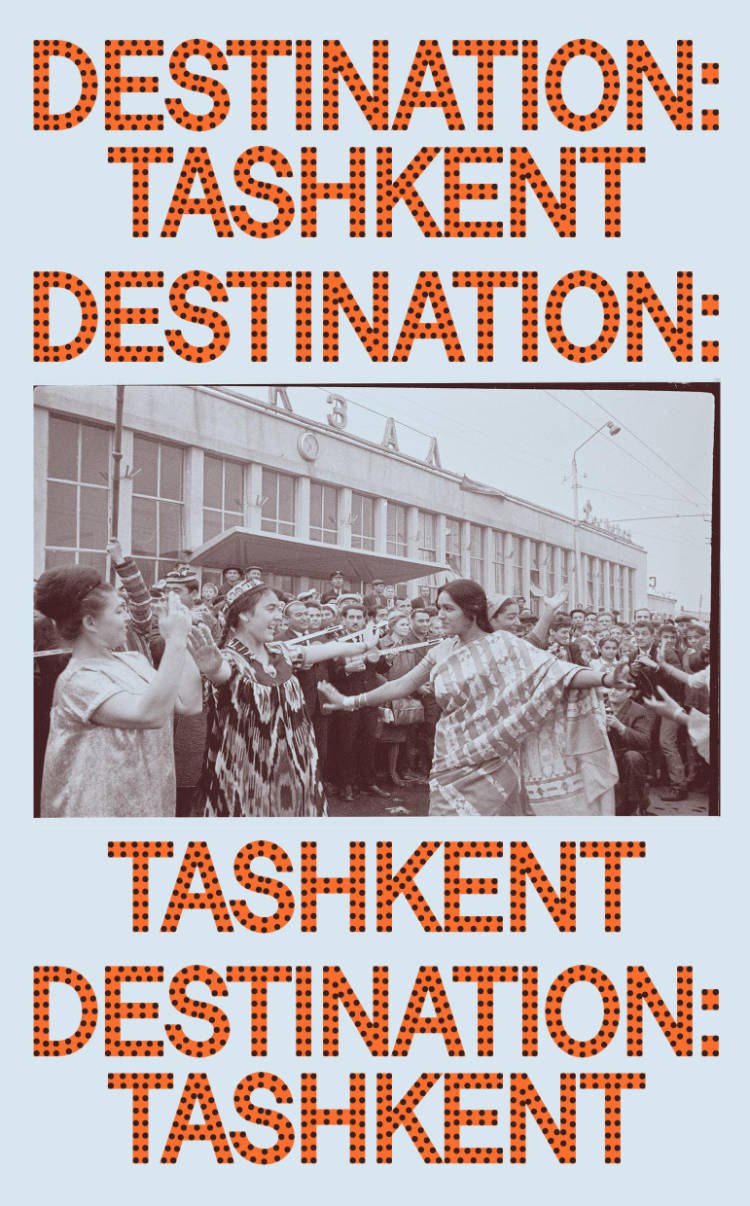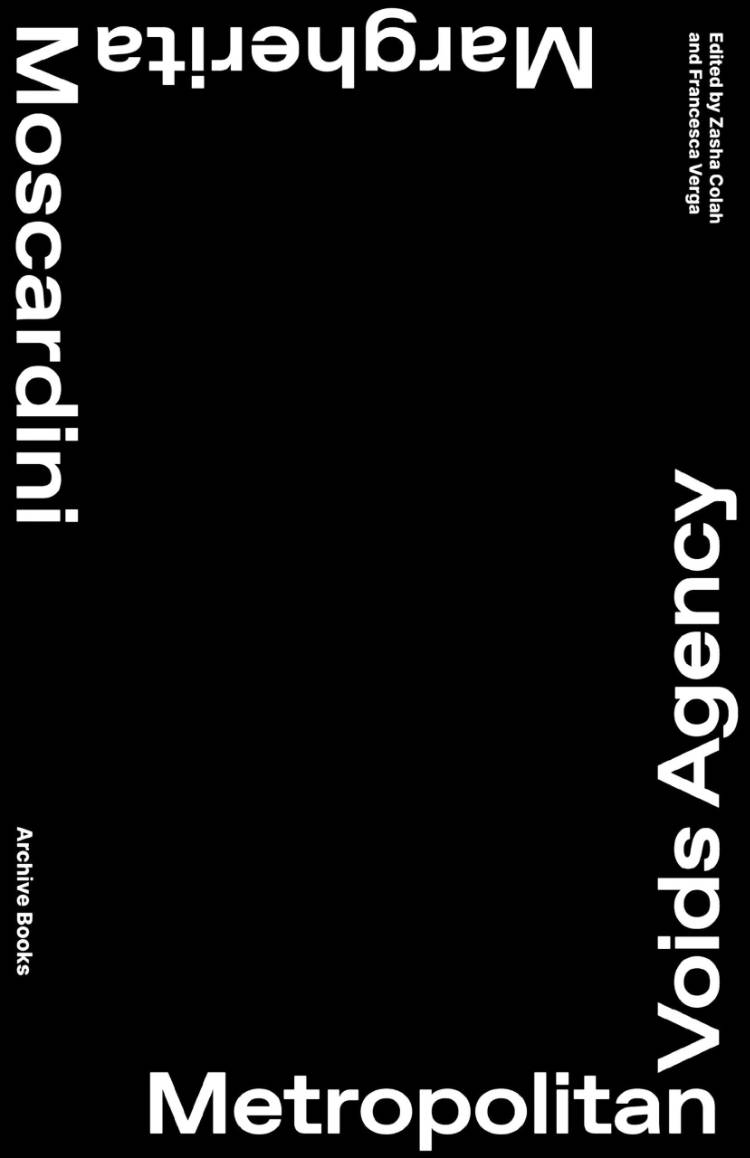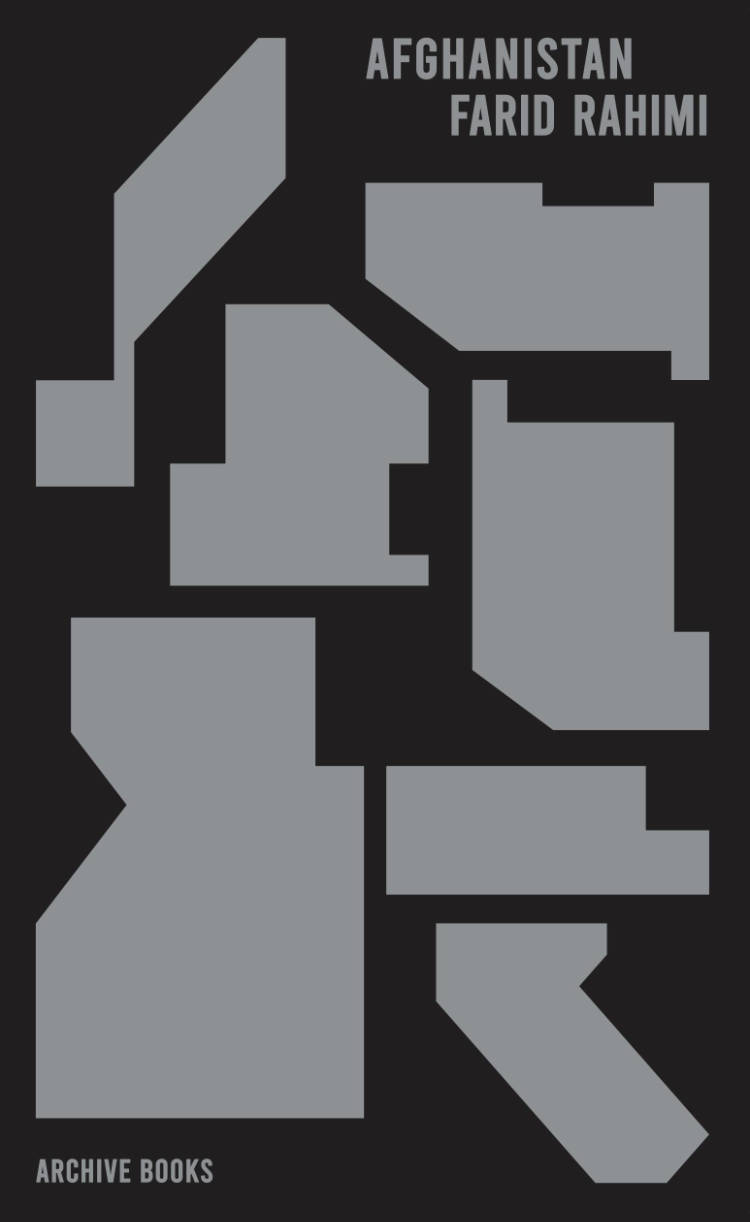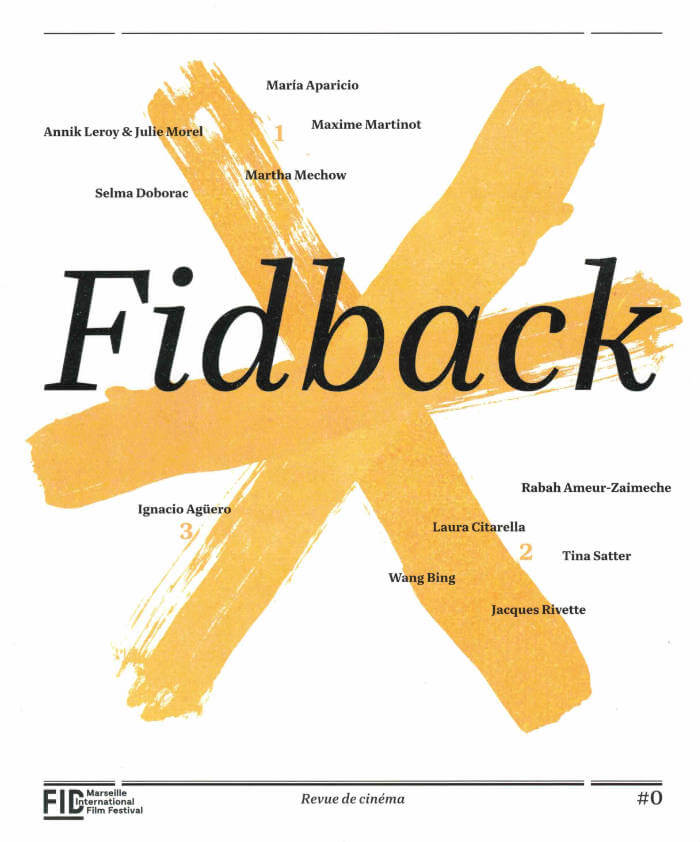
Film Undone – Elements of a Latent Cinema
Philip Widmann ed.
Film Undone presents contributions introducing unmade and unfinished film projects, film ideas realised in non-filmic media, as well as films that remained unseen in their intended form and at their intended time.
These tentative and careful probes dedicated to singular projects reflect the importance of primary materials before and beyond the film. Bringing them together as Elements of a Latent Cinema opens a space to consider cases from various political geographies and historical moments in relation. Latency prompts to think differently about what has remained invisible in cinema than under deficit-centred categories such as failure, loss, or incompletion. It marks a sustained potentiality for things to change their condition, to affect us and set us in motion.
Contributions by Alejandro Alvarado, Carmen Amengual, Annabelle Aventurin, Alia Ayman, Concha Barquero, Petra Belc, Uliana Bychenkova, George Clark, Greg de Cuir Jr, Shai Heredia, Tobias Hering, Tom Holert, Katie Kirkland, Olexii Kuchanskyi, Brigitta Kuster, Dhianita Kusuma Pertiwi, Léa Morin, Tara Najd Ahmadi, Ojoboca, Uriel Orlow, Volker Pantenburg, Lisabona Rahman, Mathilde Rouxel, Bunga Siagian, Oleksandr Teliuk, Elena Vogman, Akbar Yumni
Language: English






.jpg)
